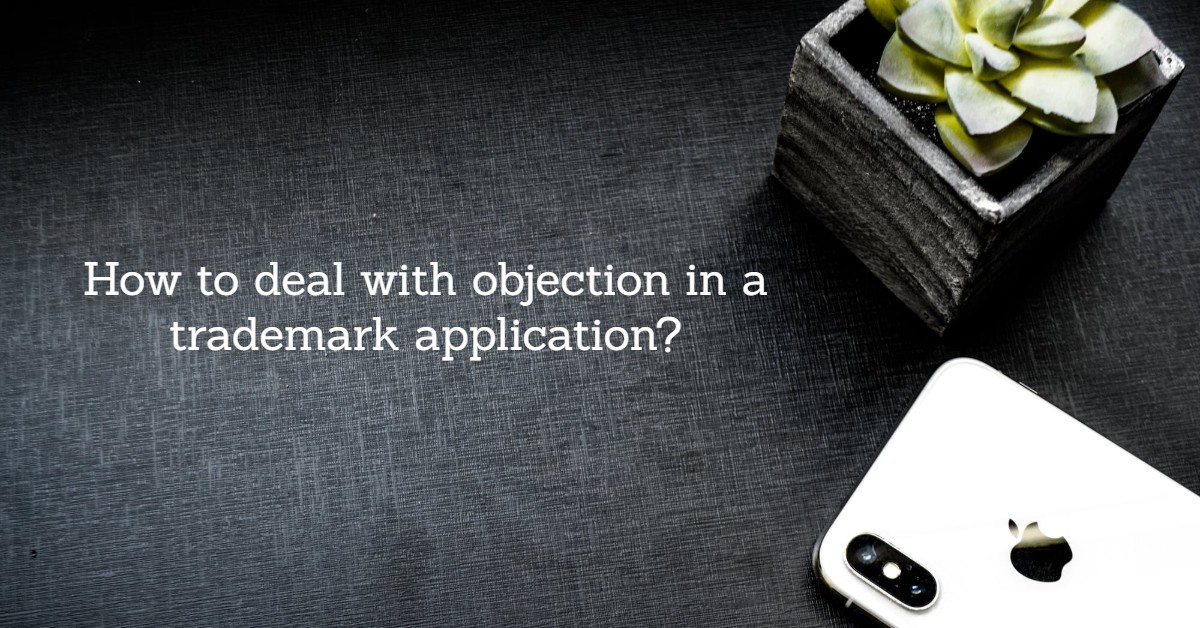Unarguably, having your own brand and developing it is one of the best things you could do to have a prosperous business and thus protecting the brand is also pertinent which could be done through registering your brand as a trademark with the appropriate authority. Registering a trademark is easier said than done as it’s a complicated process and goes through several levels of examination before one could have a registered trademark.
While it undergoes the examination process, there could be objections from various sources which lowers our chances to get the mark registered. Therefore, it is very important to deal with the objections efficiently & effectively. So, here we would discuss about the objections and how do we deal with them.
Generally, the word objection is also confused with opposition by the private party in relation with the trademark applications. For better clarification between the two we can divide them broadly into two heads:
I. Pre-registration objection
This simply means the objections which are raised on the trademark registration applications filed by an applicant:
This head can be classified further into following heads
1. Departmental objection in trademark application
Under this, the department while scrutinizing/examining the application for trademark objects it on the ground of similarly of marks, non-registrable mark or any other ground as per the trademarks act.
The reply to the objections raised while scrutinizing / examining report should be given within the time period of 30 days from the date of receipt of the said report and failure to do so, may lead your application as abandoned.
It is very important that the reply should be framed in such a manner that it clearly shows that it is apt to be registered.
2. Private party opposition / Private objection in trademark application
Under this, any private party who is using any similar trade mark can object/oppose or any party who thinks they have a right to get that mark register file an opposition along with the prescribed fee and thereafter its further sent for hearing.
A counter statement/reply of opposition is to be filed by the within two months of receipt of the notice of opposition along with the prescribed fee.
In such cases depending on the circumstances the trademark applicant, if fails to file the proper counter statement may end up compensating the opposing party on account of damages caused to the lawful owner of the trademark. Thus, this kind of objection has to be dealt with extra care & understanding of the facts of the case.
II. Post registration objection
These kinds of objections arise after the trademark is duly accepted & registered by the authority. Since, the authority has already approved the application, only a private party can object/oppose against a registered trademark.
If the authority finds the objection to be proper and considerable, the mark is once again sent for hearing and whether the objection is justifiable or not would be decided by the authority on basis the facts of the case & the counter argument (reply) filed by the registered owner. So, it is very important to support the case with the best available argument in order to retain the ownership of the trademark.
Concluding, dealing with a trademark objection is a crucial task. Any ignorance or unintentional mistake can lead to failure of registration or can also lead in paying high compensation to the claimant party.
Further it is important to understand that every reply needs different attention as per the grounds of objections and therefore are dealt as per its circumstances.
Disclaimer: The above post is only for the purpose of academic discussion and should not be construed as any legal opinion in any matter whatsoever.
